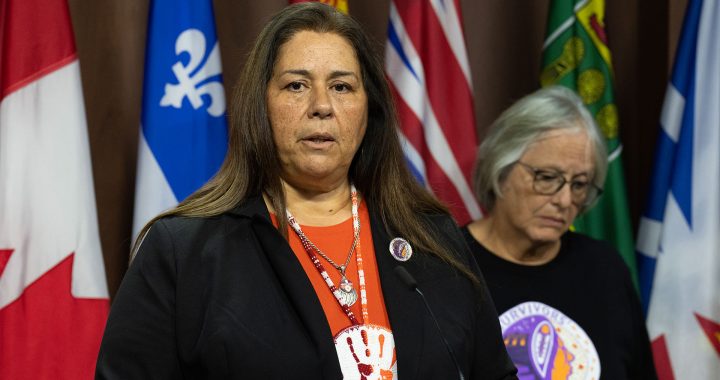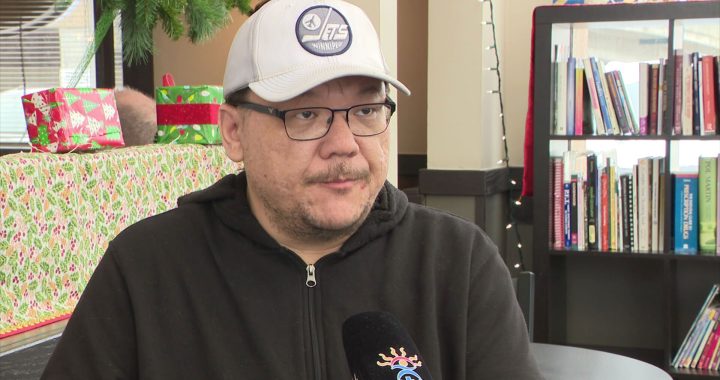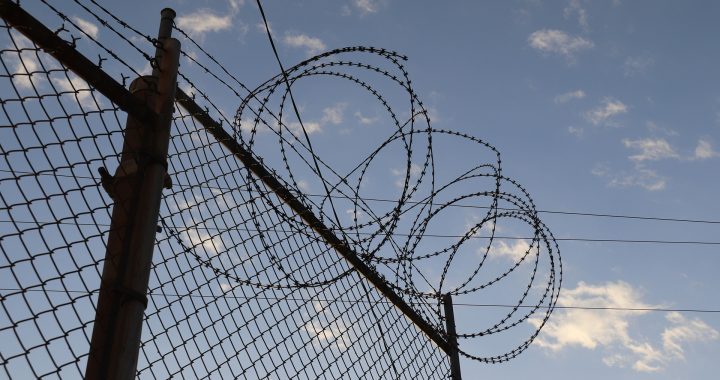Canada is riding high atop the third wave of COVID-19 variants but officials with Indigenous Services Canada (ISC) say they’re relieved to announce continued declining cases for First Nations people on reserve.
As of April 6, there are 635 active COVID-19 cases in First Nations which represents a drop of close to 85 per cent from the highest point in January when there were over 5,000.
Dr. Evan Adams, deputy chief medical officer of Health for ISC said the dwindling numbers are due in a large part to the early response of prioritizing and vaccinating Indigenous communities.
“The number of people who have gotten better has been outpacing the number of people with new infections and that’s been extraordinary,” Adams told reporters Wednesday.
This was an option shared by ISC Minister Marc Miller who also commended great Indigenous leadership in deploying stringent restrictions to protect their communities.
“It’s really amazing work. Those public health measures are playing a role…I don’t want to underestimate the work that’s been done in making sure that those continue to be observed,” Miller said and again expressed his satisfaction with the vaccine rollout.
Miller said to date 60 per cent of adults who are eligible to be immunized in Indigenous communities and the territories have received their vaccine.
Although the National Advisory Committee on Immunization (NACI) is now recommending an extended 16 week interval between the first and second doses of the vaccine some, like the Cree Nation communities in Quebec, are now administering second doses sooner.
The decision for the new 16 week interval was due to limited amounts of doses received in Canada to date however, NACI recommends fully vaccinating vulnerable populations whenever possible.
They hold the position that the way to crush the third wave is to immunize as much of the population as possible with at least the first dose immediately.
Having more people vaccinated will protect the entire population and reduce illnesses, hospitalizations and deaths.
The first dose of a two-dose COVID-19 vaccine protects an individual for up to six months according to Health Canada and NACI’s most recent findings. The second dose increases the effectiveness and lasts even longer.
NACI said Canada is the only country at this time using the extended 16 week interval.
A recent press release form Moderna stated that six months after the second dose they were still able to detect antibodies in subjects.
NACI officials admitted more booster shots may be needed in the future.
“I think with this pandemic we learn as we go because we haven’t much choice,” said NACI Chair Caroline Quach.
Quach added all they really know about vaccines comes from clinical trials and it’s in the real world use where they will continue to monitor and learn more.
Although the tide of COVID-19 is receding the residual cases and public measures serve as tidemarks of its pending return.










